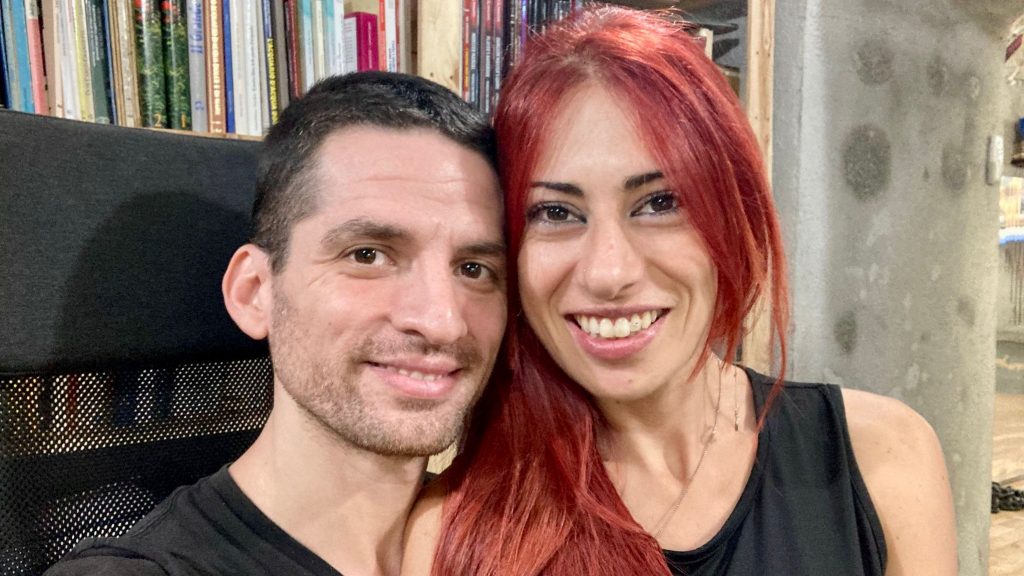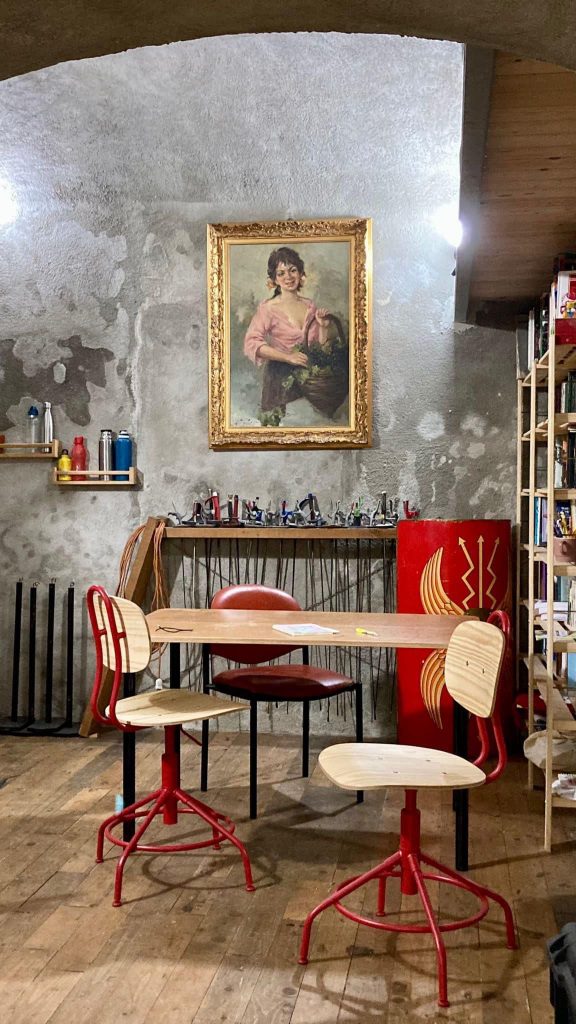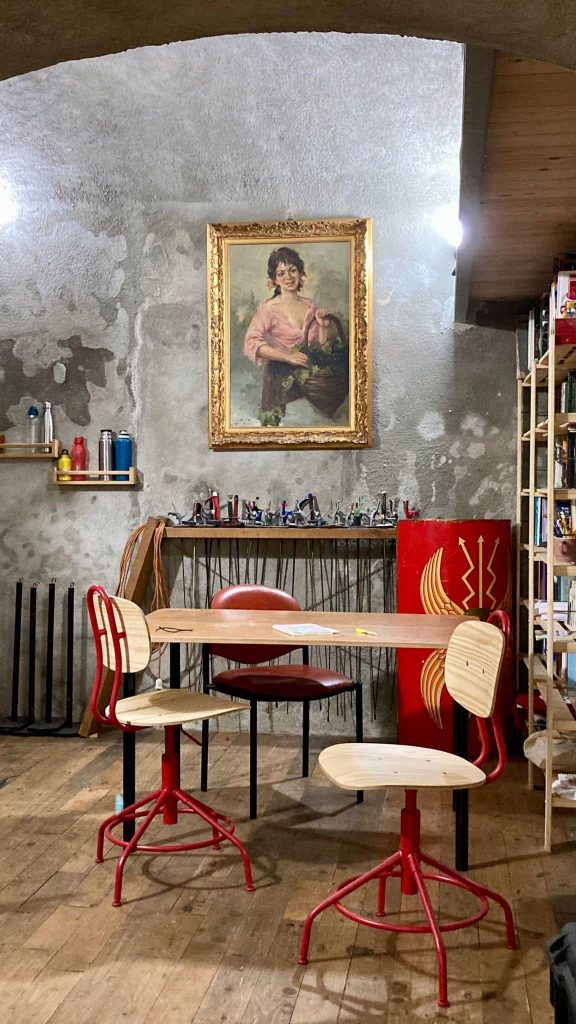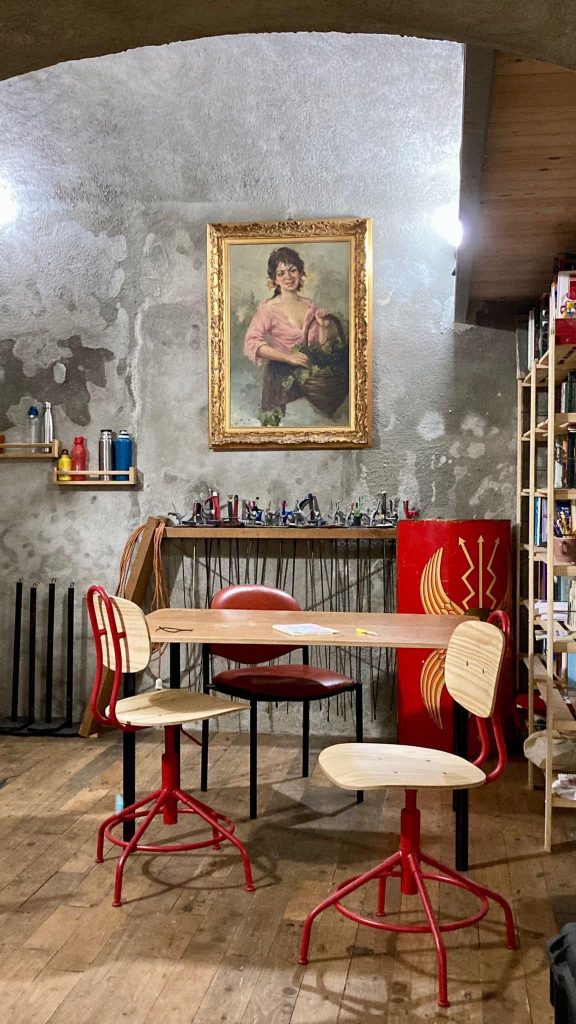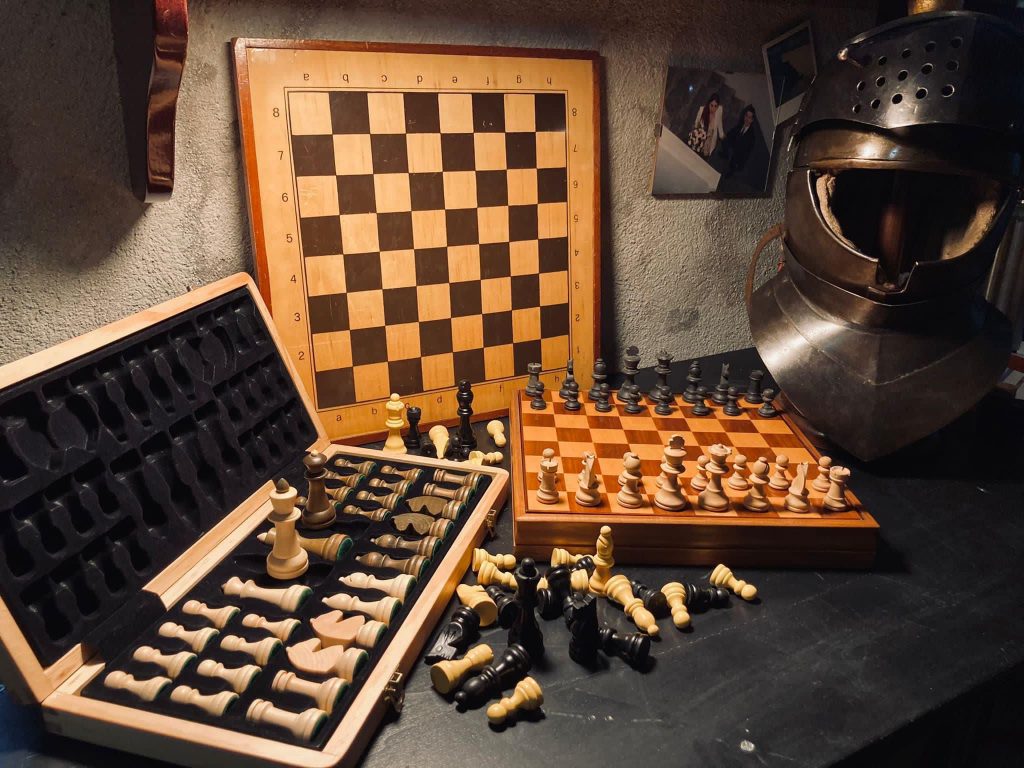Three internal courtyards, 400 meters of facade and over 100,000 square metres. A citadel in the city, this is the incredible Palazzo Fuga, or Albergo dei Poveri (Homeless Auberge), which was built in the 18th century (and finished in the following century) at the behest of the Bourbon King in order to house the many poor people of the Kingdom together with art and culture initiatives.
Piazza Carlo III in Naples is dominated by this unfinished ‘moloch’. Which radiates into the beautiful and difficult neighborhood that three centuries ago was the suburbs and is now the center of the city.
National and local governments are incapable of transforming and putting the former Albergo dei Poveri at the service of the inhabitants despite the many proclamations (and the incredible deluge of money poured for nothing of which no count has been lost).
The largest monument to people assistance in Europe lies unrestored and still abandoned and, when used, is open for discontinuous events to which associations struggle to join and understand the ‘mechanics’.
There is talk of moving the National Library there, which is squeezed into the splendid spaces of the Royal Palace (which public employees manage terribly).
Fortunately, there are active citizens who with their own efforts take care of the common good doubling the governments. Contemporary and exemplary for what it offers in the neighborhood devoid of cultural resources, a free and engaging neighborhood library has existed for a year a few steps from Palazzo Fuga (Via Tanucci). When you encounter it on your path it comes naturally to you to think that it is a project of institutions, but instead it is an idea conceived and implemented by two private individuals, a couple in life and work, a librarian and an athlete. We meet Ida and Flavio, who tell us about their project and their dreams.
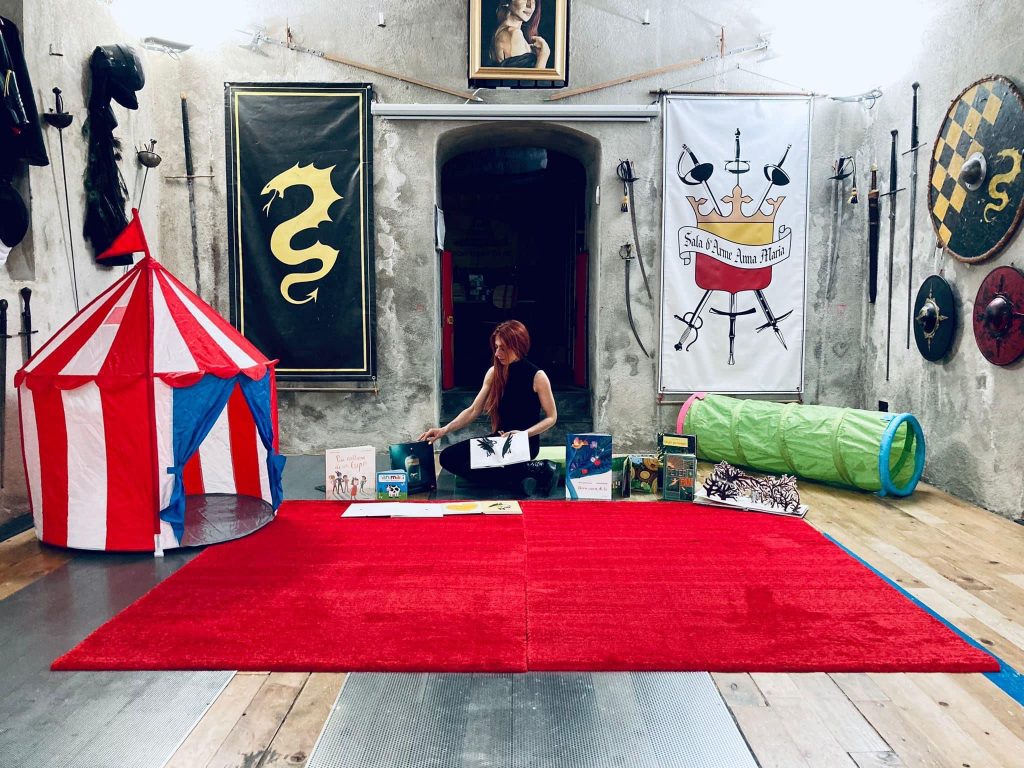
Your (young) life in a few lines, right where it begins
Ida: After high school I started the university course in conservation of cultural heritage in Naples and then continued the specialist in Conservation and management of archival and book heritage at the University of Salerno. I am originally from Casalnuovo and have lived in Naples for 5 years.
Flavio: After not completing my university experience and studying art for five years, I managed to complete my studies at the National Fencing Academy, obtaining the Master’s Diploma of Master. In 2016 I purchased the structure which will then host the Anna Maria Arms Room starting from September 2017. The name is a dedication to my grandmother Anna and my mother Maria.
Seven years of sport, great satisfaction from fencing, a year at the local library in the midst of two years of pandemic: chapeau!
Mix both your skills to support sports and reading together. How did you come up with the idea beyond everyone’s skills (and passions)?
The idea was born from the desire to do business in a different way. We invested the then budget allocated to advertising channels to invest in a totally free public service for the citizen. An example in which everyone wins, don’t you think?
3000 catalogued books (the library is registered in the register of Italian bookshops), board games, language and art courses, film club, presentation of books and public readings, an open study room, with 5 computers and wifi, every day until 7.30pm And lots of aquariums. All this entirely built and supported by you.
How did you manage to do it, on an economic level, and how did the neighborhood respond depending on the ‘age’ of the visitors?
The project does not receive any public funding to date, it’s simply based on our commitment. The ability to succeed comes from the determination with which one believes in the chosen direction. The hoped-for results are slow in arriving, however we are certain that they will mature without any doubt! The user base at the moment seems to be predominantly young.
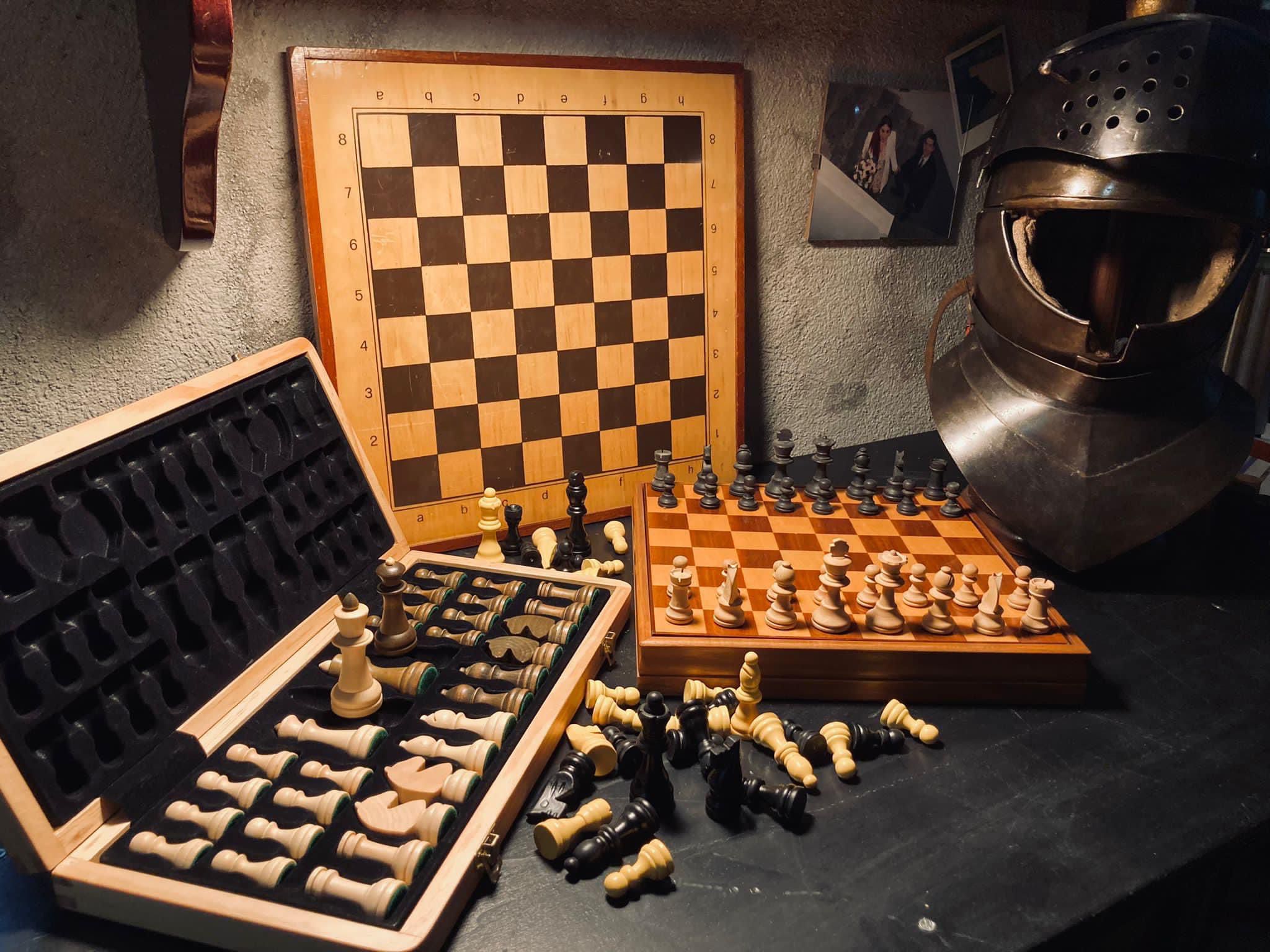
Which of the two designed the spaces?
I: Flaviomassimo. In addition to designing the spaces, he has always taken care of both the fittings and the logistics.
Is poetry in the catalogue? What are your young readers looking for most? Make an appeal to donate the books you are still missing.
We have prose and poetry from the Italian and non-Italian literary tradition, donations are always welcome except for encyclopedias and school textbooks. Books for the little ones are much appreciated!
Your calendar is always full. Do you also organize after-school activities? Do you serve ‘reading exercises’?
Last year we took care of the after-school program, free of charge, for the Ukrainian children who requested it. The main workshop activity remains that of reading shared with the little ones, much appreciated in the neighborhood.
You are at the center of a network of associations that consoles you and walks alongside you: you are testimony in Naples (and throughout Italy) that non-profits are very often called upon to offer essential citizenship services.
How do you stimulate ‘your’ more borderline young users? Where do you intercept them if not do they come to you? What could the relevant institutions do to help you ‘save’ them from the streets?
This is an excellent question. The public administration is expected to at least make an effort to direct the most vulnerable subjects towards all the offers proposed by our library: this does not happen. And it is due to a lack of resources and staff that in addition to keeping these services alive on a free basis, we do not have the resources to involve these children. We are confident in a reversal of direction on the part of those who administer us.
A book you’re reading right now and a song buzzing in your head?
Ida: The tasters by Rosella Posterino (book chosen for the book club) and My prisons by Silvio Pellico; the song is Fly My to the Moon by Frank Sinatra
Flavio: Musashi by Eiji Yoshikawa, Red Hot Chili Peppers’ Scar Tissue
Where do you see yourself in 10 years?
Ida: In a library surrounded by nature (maybe in Trentino) with my family (husband, dogs, cats and the 4 aquariums)
Flavio: On the platform, obviously.
What have you learned from life so far?
Ida: You have to believe in your abilities.
Flavio: Never give up, never be afraid or ashamed to ask for help when you need it. Above all, we must strive to improve the environment around us, improving the conditions of others improves ours directly and not indirectly. I am convinced that it is necessary to bring young people closer to acquiring a sensitivity towards “beauty”. I can say that for now, rather than learning something, I have started to understand what is most needed, there is plenty of time to achieve it.
Cover images: courtesy Biblioteca dell’Assunzione
